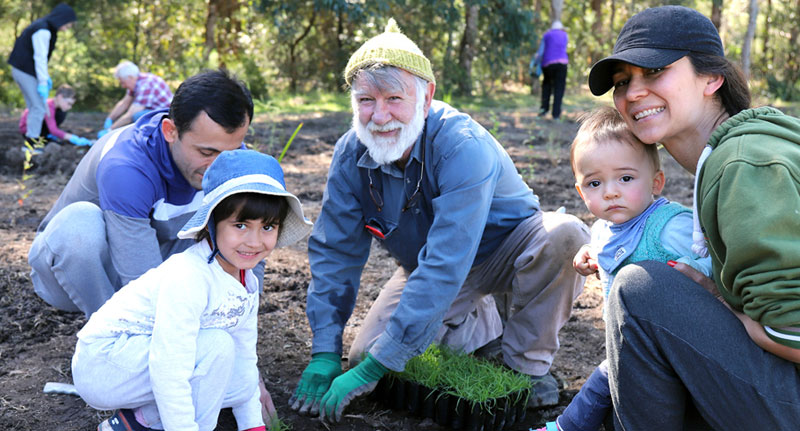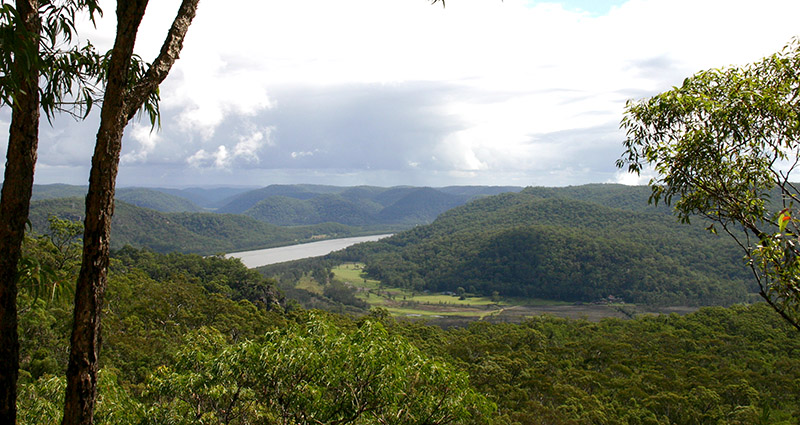Single-Use Plastics
Plastic is life-threatening to marine life.
Our oceans are drowning in marine litter and up to 90 per cent of marine litter is made up of plastics that originate from sources on both land and sea. This makes plastic pollution one of the most widespread and devastating problems facing our planet today. Globally, it is estimated that eight million items enter the oceans each day and that 6.4 million tonnes of litter enters the oceans each year.
Did you know?
Natural resources such as coal, natural gas and crude oil are used to make plastics. By reducing and recycling plastics we can save natural resources for future generations.
Five easy tips on how to reduce single-use plastics
- Bring your own reusable coffee cup or sit and enjoy a real cup
- Refuse plastic straws, and either use paper straws or BYO reusable straw
- Fill a reusable bottle from the tap instead of buying bottled water
- Bring your own reusable shopping bag
- Buy food without single-use plastic containers and cutlery
Single-Use Plastics and Food Waste at Hornsby Farmers Market and Community Events Report
The Single-Use Plastics and Food Waste at Hornsby Farmers Market and Community Events report was developed in collaboration with Sydney University during mid-2019. The report provides qualitative data and a series of recommendations that will assist Council to develop a sound policy response to the issues posed by single-use plastics in event management.
Following on from the findings of this research, and as a result of planned activities in the draft Waste Matters Strategy (2019/22) and a Council Notice of Motion on 24 July 2019 (NOM8/19), a draft Single-Use Plastics Policy (Council operations and events) is currently under development.







